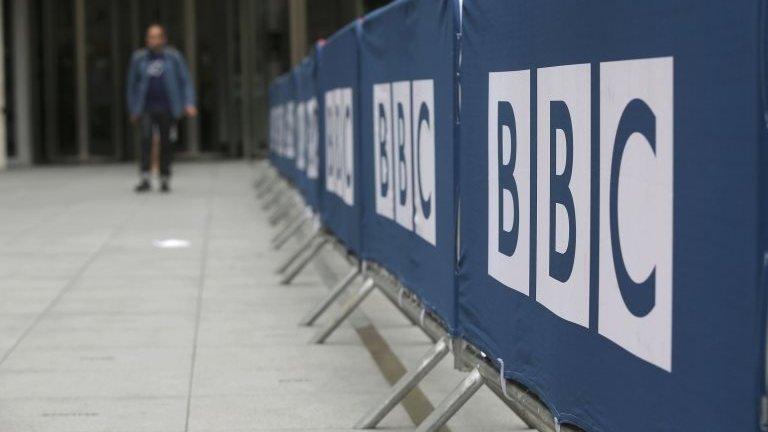Charter renewal: BBC must focus on 'distinctive content'
- Published
- comments

The BBC must put "distinctive content" at its heart, Culture Secretary John Whittingdale has said.
It is part of a major overhaul of how the BBC is run, which has been unveiled by the government.
The licence fee will continue for at least 11 years and will be linked to inflation - and viewers will need to pay it to use BBC iPlayer.
Mr Whittingdale made clear he was "emphatically not saying the BBC should not be popular".
The culture secretary was referring to earlier speculation that the corporation would not be allowed to schedule popular programmes such as Strictly Come Dancing in prime slots.
BBC charter: Key points at a glance:
Q&A: What is the BBC White Paper?
"Commissioning editors should ask consistently of new programming: 'Is this idea sufficiently innovative and high quality?' rather than simply 'How will it do in the ratings?'"
He also said the BBC will be "required to give greater focus to under-served audiences, in particular those from black, Asian and ethnic minority backgrounds, and those in the nations and regions".
"We want the BBC to be the leading broadcaster in promoting diversity," he said.
The Culture Secretary announced plans for a major overhaul of the BBC, while his shadow counterpart suggested he "keep his nose out" of it
Responding to Mr Whittingdale's statement, Maria Eagle, the shadow culture secretary, said: "We know the secretary of state is extremely hostile to the BBC. He wants it diminished in size."
She said the culture secretary's views were "totally out of step with the licence fee-payers who value and support the BBC".
Ms Eagle said she did "not agree that [Mr Whittingdale's] obsession with distinctiveness should be imported into the BBC's mission statement."
The White Paper, external states that the trust governing the BBC is being abolished and a board will be set up to run day-to-day matters, while Ofcom will become the corporation's external regulator.
The licence fee, which has been frozen at £145.50 since 2010, will now rise with inflation from next year.
Measures include:
A new mission statement for the BBC: "To act in the public interest, serving all audiences with impartial, high-quality, and distinctive media content and services that inform, educate and entertain."
A new unitary board which will govern the corporation, replacing the BBC Trust.
The BBC will have the ability to appoint the majority of its board, independent of government
Editorial decisions will be explicitly the responsibility of the director general
Ofcom will be given the power to regulate all BBC services
Chris Evans: 'I'm paid too much'
Star pay
Also announced was a requirement for all employees and freelancers who earn more than £450,000 to be named.
The move will affect some of the corporation's best-known names, such as Chris Evans, Gary Lineker and Graham Norton, although their actual salaries will not be revealed.
But a senior figure at the corporation cautioned against cutting the salaries of the highest-paid too much.
James Purnell, director of strategy and digital at the BBC, said "We pay less than the private sector already but we need to make sure that we don't go so low that we can't get brilliant people like Chris Evans to work for us."
He added the corporation had already cut its talent bill by 15%, adding: "It's been independently reviewed and been given a good bill of health.
"Clearly we need to get the balance between getting the right people to work for the BBC but also paying less than the private sector."
Licence fee
The culture secretary said he recognised the future of the licence fee was in doubt and urged the BBC to explore new subscription services beyond what it already offers.
He said: Although the licence fee remains the best way of funding the BBC for this charter period, it is likely to become less sustainable as the media landscape continues to evolve.
"The Government therefore welcomes the BBC's intention to explore whether additional revenue could be raised at home or abroad from additional subscription services, sitting alongside the core universal fee.
John Whittingdale has outlined the government's plans for the future of the BBC, as Andrew Neil explains
The licence fee will rise in line with inflation from next year, and will now also have to be paid by people who only consume BBC content online.
Previously, there was a loophole that allowed viewers to watch BBC content via the iPlayer without paying the licence fee.
That is because the fee only had to be paid by people who were viewing television live as it was being broadcast.
The changes will not affect people who currently pay the licence fee - they will continue to be able to access the iPlayer without any extra charges.
New governing body
The BBC Trust will be abolished and Ofcom will be the external independent regulator of the BBC, Mr Whittingdale confirmed.
In addition, a new "unitary board" will be established, which will consist of 12-14 members. The BBC will appoint at least half of them.
Commenting on its new role as regulator of the BBC, Ofcom said: "We are confident that, with the right resources and planning, we can undertake our new responsibilities effectively and independently."
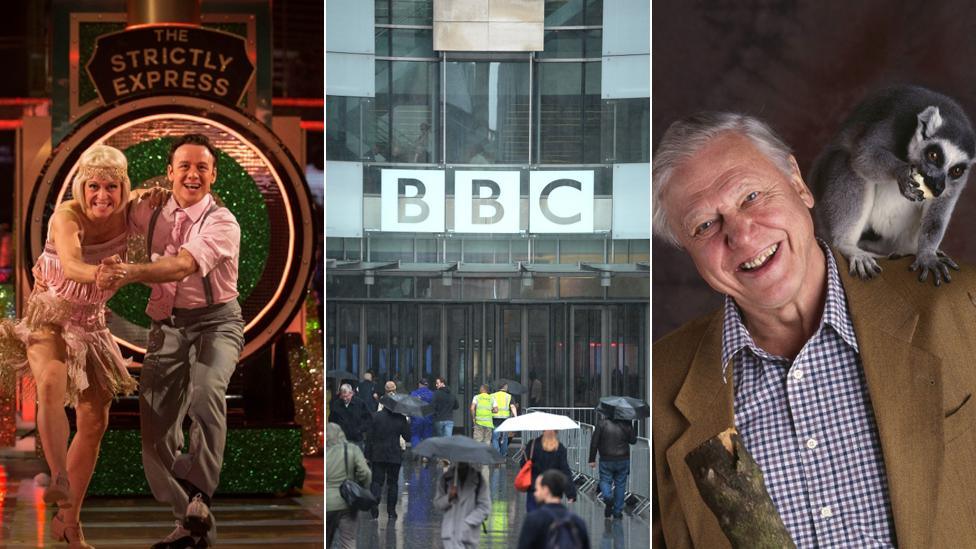
The BBC's current Royal Charter expires at the end of December
The White Paper will be debated by MPs in the autumn before the new charter is drafted and signed for the next 11 years.
The BBC's current Royal Charter - the agreement which sets the broadcaster's rules and purpose - expires at the end of December.

Analysis from the BBC's Nick Higham
For an exercise billed as a far-reaching reform, what's striking about the white paper is how little will change fundamentally.
The licence fee remains, indexed to inflation rather than frozen as it has been for the past five years. It'll still be a criminal offence not to pay it, and it'll be extended to cover the growing numbers of people who watch the BBC's iPlayer catch-up service rather than live television broadcasts.
The proposal to abolish the BBC Trust and make Ofcom the corporation's regulator is largely uncontroversial - but where the BBC and the culture secretary are at odds is over the appointment by government of some members of the new BBC board.
The corporation thinks that represents a potential threat to its independence and the director-general Tony Hall said government and the BBC had "an honest difference" on the question.
The Shadow Culture Secretary, Maria Eagle, said most of what she called John Whittingdale's wilder proposals had been watered down or dumped and that he'd been overruled by the prime minister and chancellor.
If he was, that was perhaps to avoid a political row which might divide conservatives in the run up to the EU referendum.

Lord Hall: White Paper raises 'issues' around BBC independence
Responding to the White Paper, BBC director-general Tony Hall said it "delivers a mandate for the strong, creative BBC the public believe in.
"At the end, we have an 11-year charter, a licence fee guaranteed for 11 years, and an endorsement of the scale and scope of what the BBC does today," he said.
But he added there were some areas where the BBC will continue to talk to the government to address remaining issues, including allowing the National Audit Office to be the BBC's auditor and how the new board is appointed.
He said: "We have an honest disagreement with the government on this. I do not believe that the appointments proposals for the new unitary board are yet right.
"We will continue to make the case to government. It is vital for the future of the BBC that its independence is fully preserved."
- Published12 May 2016
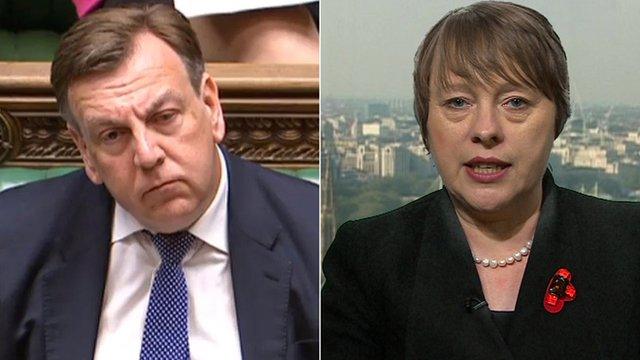
- Published9 May 2016
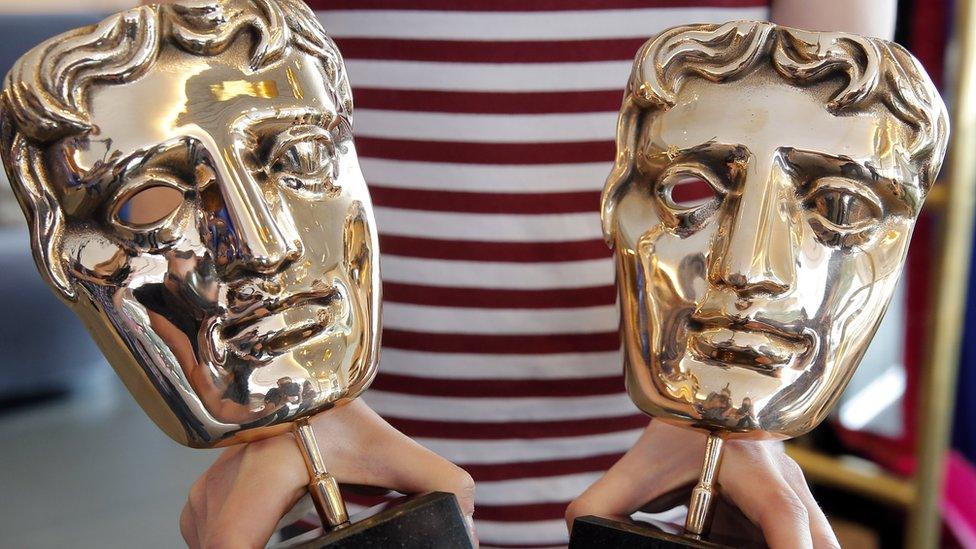
- Published1 May 2016
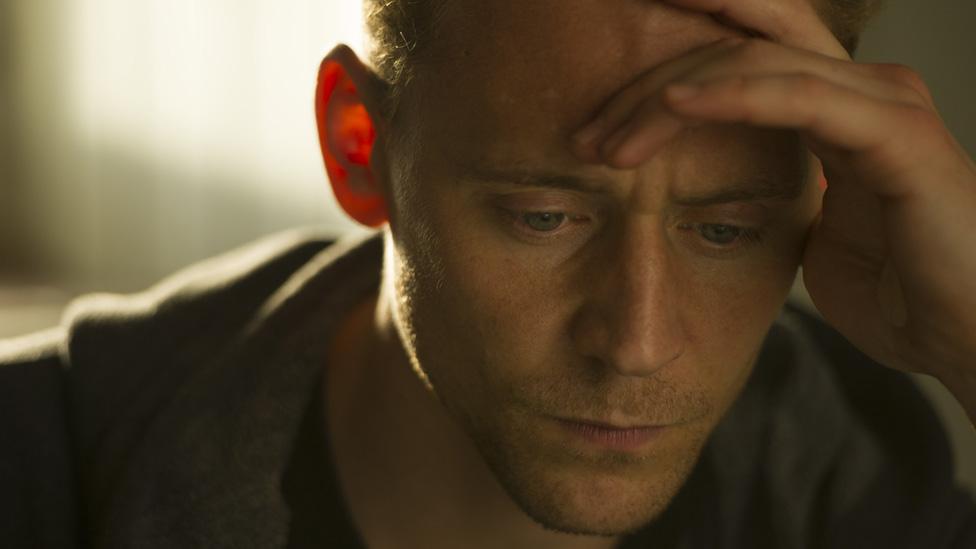
- Published28 April 2016
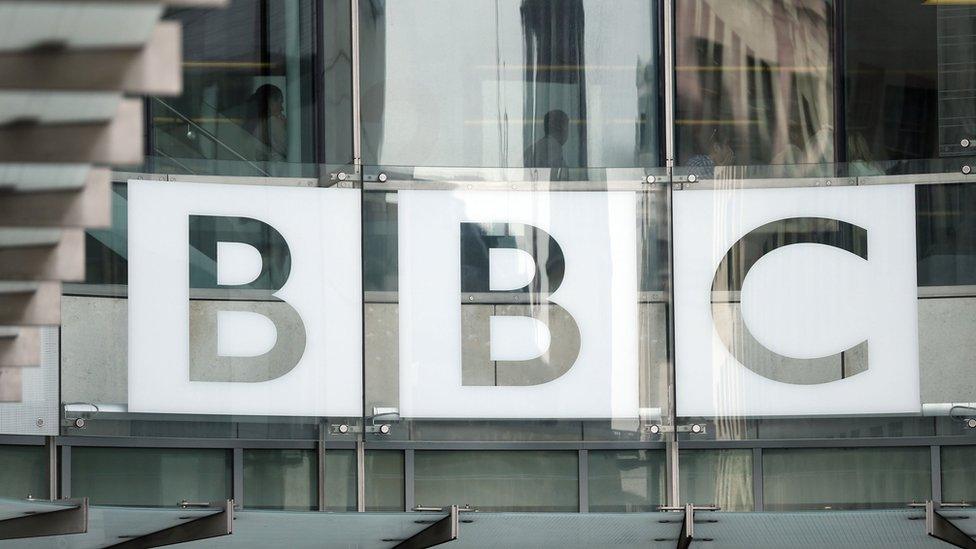
- Published1 March 2016
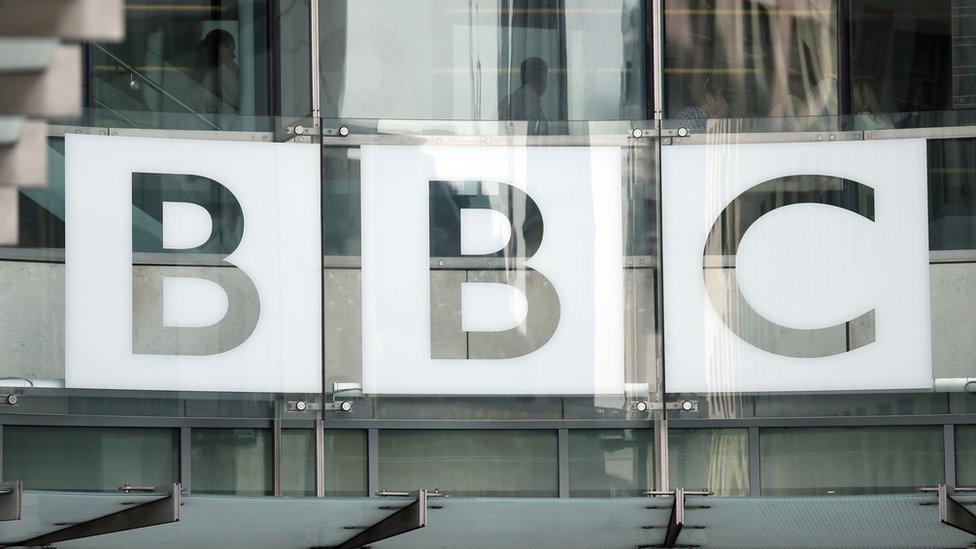
- Published16 July 2015
